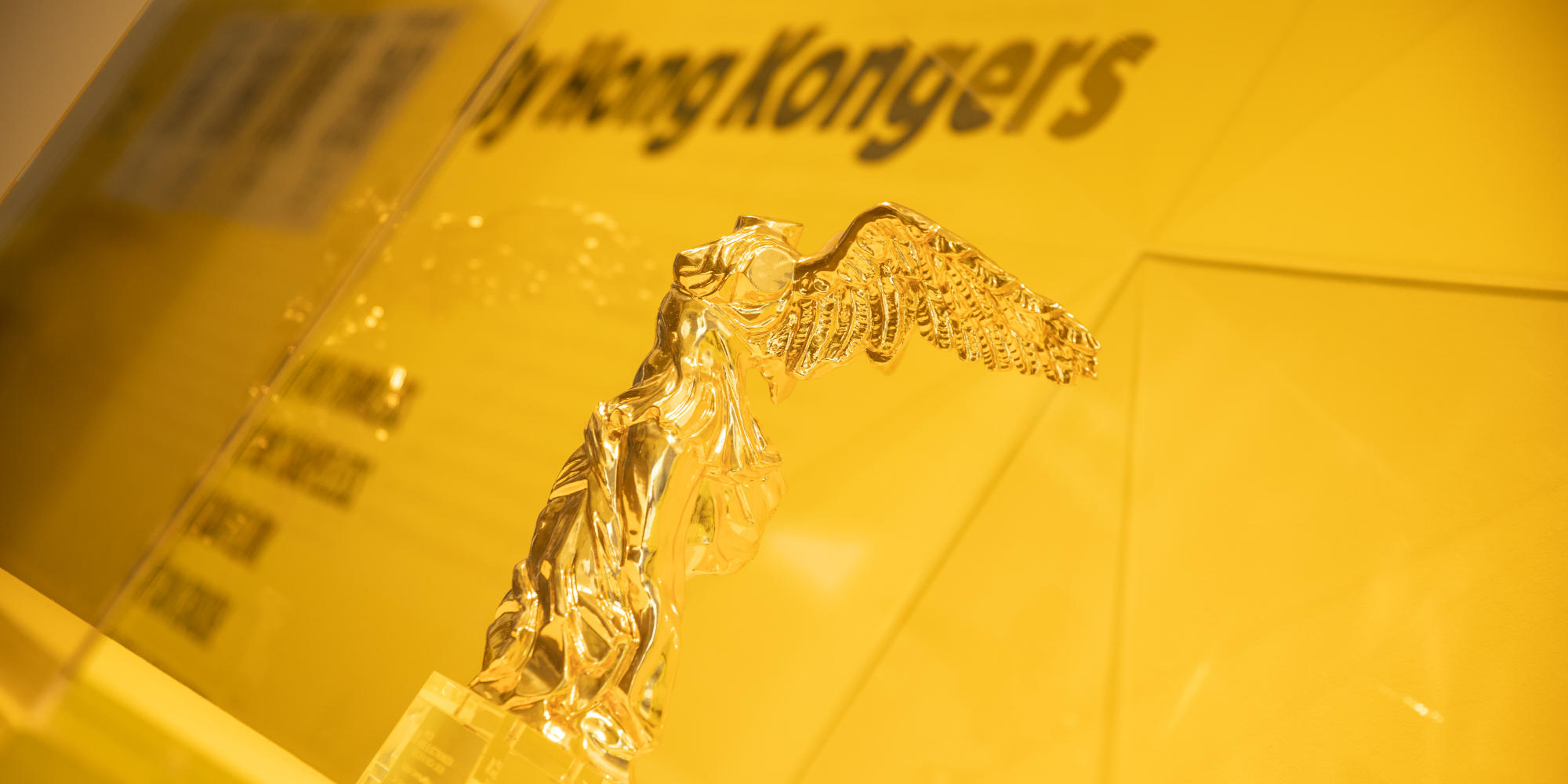Golden Nica
Be Water by Hong Kongers (HK)
Dedicated to the Hong Kong protesters by Eric Siu & Joel Kwong (HK)
This year’s Golden Nica goes for the first time to an anonymous group: Hong Kong citizens who have been organizing the pro-democratic protests since 2019. The decentralized, leaderless, and technologically sophisticated organization of their collective efforts sets new standards in digital activism for protest movements. In their struggle for basic democratic rights, the demonstrators use digital media as one of many means for organizing, communicating, documenting, and evading surveillance. This is demonstrated by the anonymous references to their activities, presented in the form of a stylized five-person apartment in a Hong Kong social housing complex – a cramped microcosm that exemplifies local living conditions. Be shapeless, be formless, be able to adapt to any situation: “Be water!” The motto of the award-winning protest movement, popularized by martial arts icon Bruce Lee, goes back to the ancient philosophy and political theory known as the Tao Te Ching, credited to the sage Laozi.
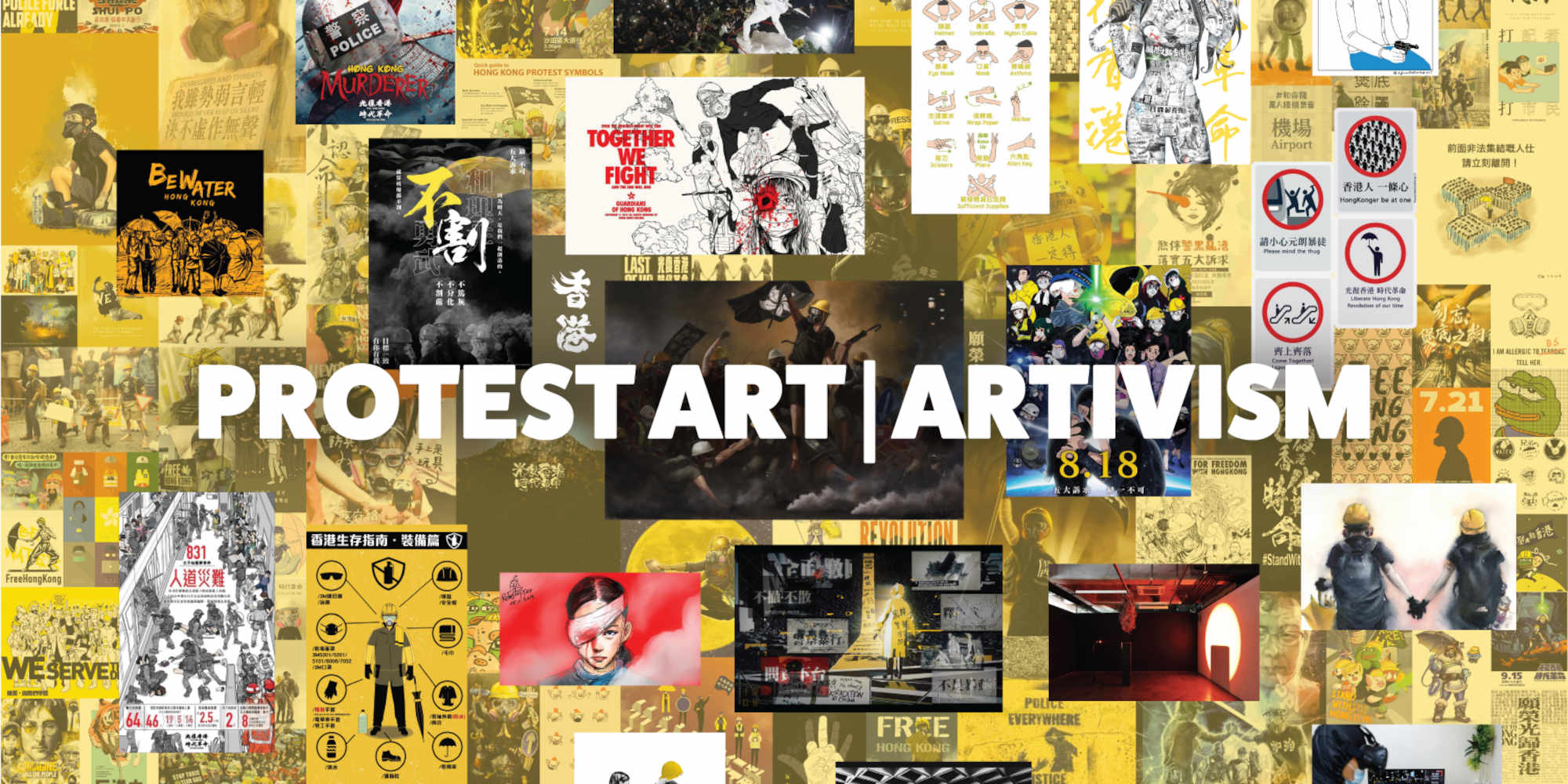
Project Credits / Acknowledgements
Credits: All Hong Kong protesters involved in the struggle to safeguard democracy.
Award of Distinction
Algorithmic Justice League (AJL) (US)
Algorithms have become essential elements of our daily lives, used in almost all areas of society: in online searches and navigation, in ratings systems and smart devices or bots, but also in banking, speech and facial recognition, health care, policing, and so on. However, the systems that are developed are never neutral, which means that algorithms may be biased and discriminatory. The Algorithmic Justice League (AJL) is an organization that combines art and research to increase public awareness of the social implications and dangers of Artificial Intelligence. It does so through artistic means, for example texts, TED talks, or films – or, for example, through founder Joy Buolamwini’s talk “AI, Ain’t I a Woman?” in the format of a poem.
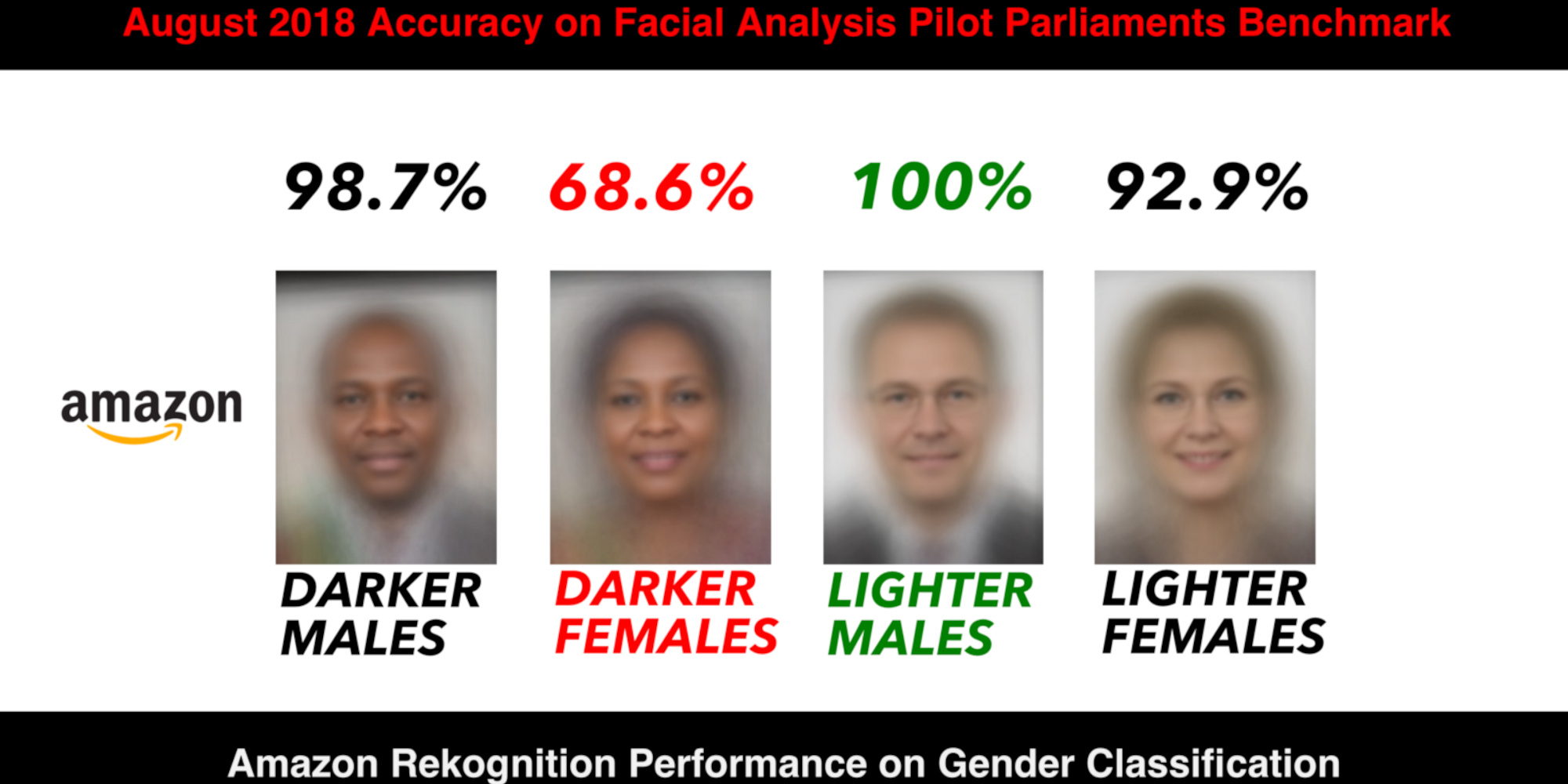
Project Credits / Acknowledgements
ajl.org
Founder: Joy Buolamwini, Creative Communications: Lead Nicole Hughes
Supported by: The Ford Foundation, MacArthur Foundation, Sloan Foundation, Rockefeller Foundation, and individual donors
Award of Distinction
Habaq Movement (PS)
The Habaq Movement is a Lebanese initiative in the form of an agricultural cooperative that is taking concrete measures to rebuild the broken country: reclaiming unused agricultural land, setting up work teams, and growing food again. The organization is also at work developing alternative solutions for local communities, organizing training courses, and linking up the local population with refugees from elsewhere so that they can work together on agricultural projects. The members of the Habaq Movement, who have diverse nationalities, religions, and ethnicities, are thus taking concerted action to overcome the country’s long-standing supply crisis.
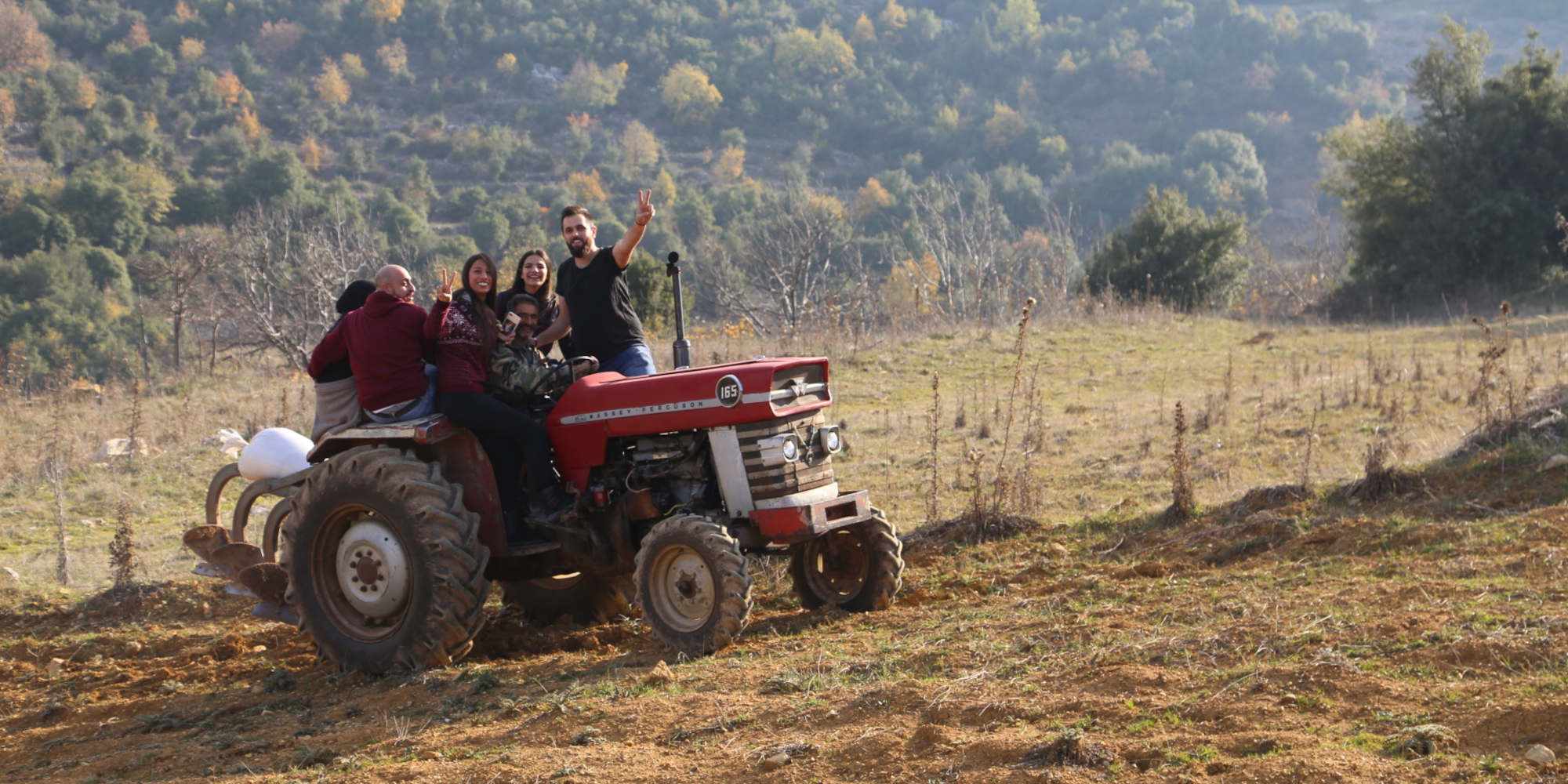
Project Credits / Acknowledgements
Honorary Mention
Code of Conscience (INT)
Illegal logging operations in the Amazon rainforest are having a fatal impact on the planet but also pose an existential threat to the indigenous population and their habitat. Code of Conscience responds by obliging construction machinery manufacturers to include built-in mechanisms to prevent the misuse of their equipment. The system enables automatic shutdown of forest-clearing machines as soon as they are located in a protected area. This function is based on mapping data provided by the World Database on Protected Areas operated by the United Nations, matching the data with the location of the construction machinery. Applied until now on a voluntary basis, the ultimate goal is to enshrine the Code of Conscience in Brazilian federal law.
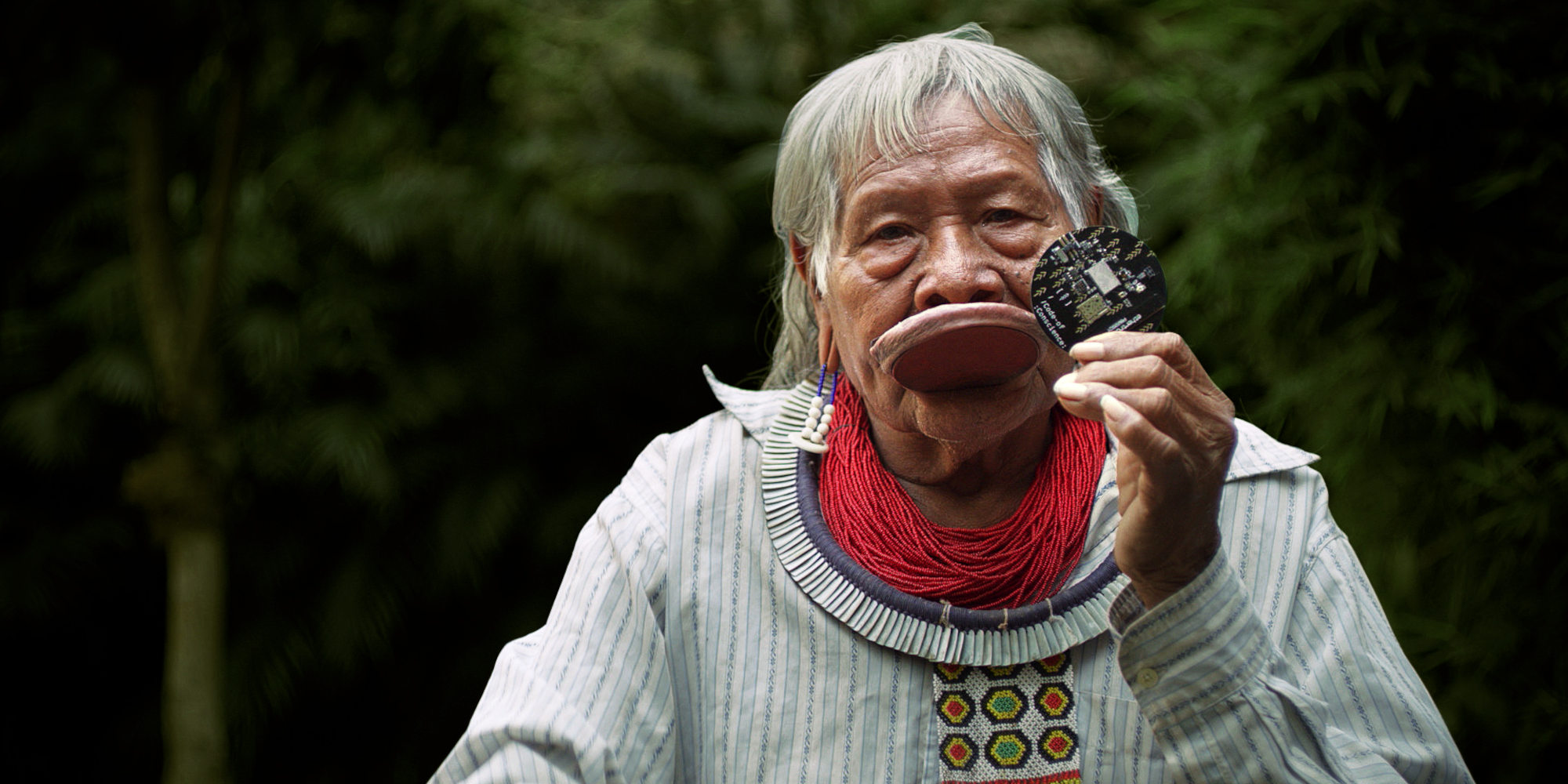
Project Credits / Acknowledgements
codeofconscience.org
Team: AKQA: Tim Devine, Hugo Veiga, Pedro Araujo, Daniel Kalil, Adam Grant; Tekt Industries: Matthew Adams
Honorary Mention
Ghana ThinkTank is Developing the First World (INT)
What if it was not the “poor” Global South that needed development aid but the privileged North instead – and what if it then received such aid from the so-called “Third World”? Ghana ThinkTank starts from exactly that premise, with teams in Ethiopia, El Salvador, Palestine, Morocco, Indonesia, Iran, and Ghana at work developing solutions to “first-world problems.” This turning of the tables has the effect of empowering those who are otherwise thought to be in need of help, enabling them to contribute their own knowledge, innovation, creativity, skills, and experience. Mexican migrants, for example, are advising self-appointed US border guards in Texas, and the Moroccan riad concept (shared gardens and courtyards) is being proposed as a response to increasing social isolation in Detroit.
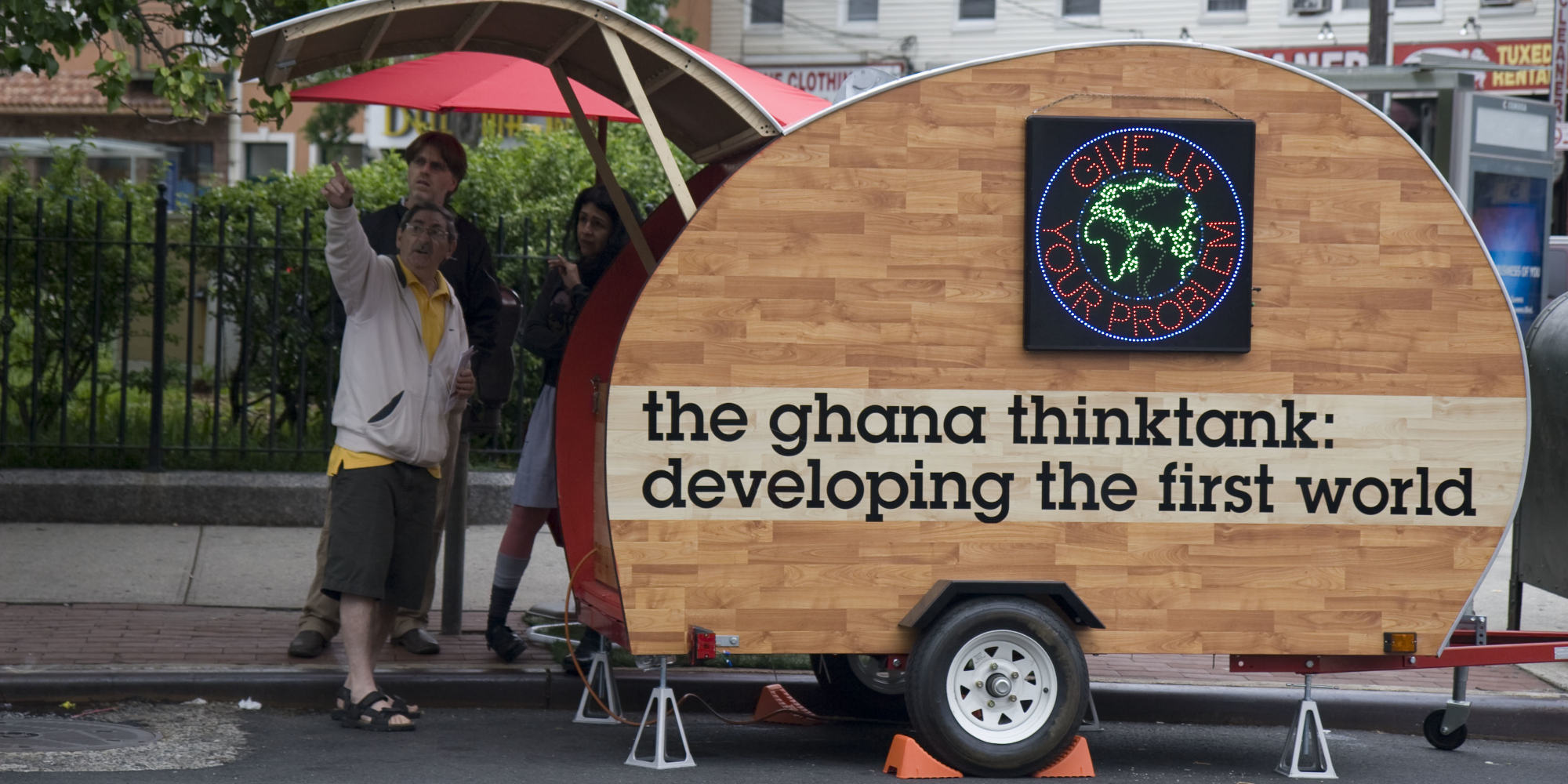
Project Credits / Acknowledgements
ghanathinktank.org
With support from: Creative Capital, Creative Time, Foundation for Art and Creative Technology, John S. and James L. Knight Foundation, CEC ArtsLink, Queens Museum of Art, Detroit Justice Center, Puffin Foundation, Black Rock Arts Foundation, New York State Council on the Arts, SUNY Research Foundation Network of Excellence in Arts and the Humanities, SUNY Purchase College, Kindle Project, DTE Foundation, Michigan Economic Development Corporation, Kresge Foundation and Sigrid Rausing Trust.
Honorary Mention
Indigemoji (AU)
Indigemoji offers over ninety pictograms that express via emojis the culture and language of the Arrernte, an Aboriginal tribe from Mparntwe (Alice Springs) in the Northern Territory of Australia. More than 900 participants in a workshop assembled pictures and drawings that reflect the modes of expression, meanings, and cultural symbols and codes of the Arrente, as well as important events and animals and plants significant to the tribe. In close cooperation with Arrernte elders, linguists, and a team of Aboriginal artists, designers, and programmers, these were then put into stylized form as emojis. The project thus ensures that the culture and language of the indigenous population is passed on to the younger generation and lives on in the digital space.

Project Credits / Acknowledgements
indigemoji.com.au
Indigemoji was delivered through funding partnerships with the Johnston Foundation, Northern Territory Government, Ingeous Studios, Alice Springs Public Library and inDigiMOB, a partnership between First Nations Media Australia and Telstra.
Honorary Mention
Listening at Pungwe (NA/ZA/ZW)
In the Bantu language Shona pungwe refers to an assembly gathered together for a spiritual vigil like those held in times of colonial rule. Playing music on the mbira, a lamellophone, is central to this rite. In Listening to Pungwe, the historian Memory Biwa and the interdisciplinary artist Robert Machiri re-enact this ritual and the associated listening experience as a way of coming to terms with the (post-) colonial heritage and its practices. In installations, performances, and documentation, they combine historical recordings by White ethnologists with contemporary music and archival recordings of speeches, language, singing, and body sounds. The performances thus create a sense of continuity while also highlighting breaks with the past. The interplay between history and the self-empowered reconsideration of this ritual is designed to generate a new, postcolonial archive that will help to reinvent the future present.
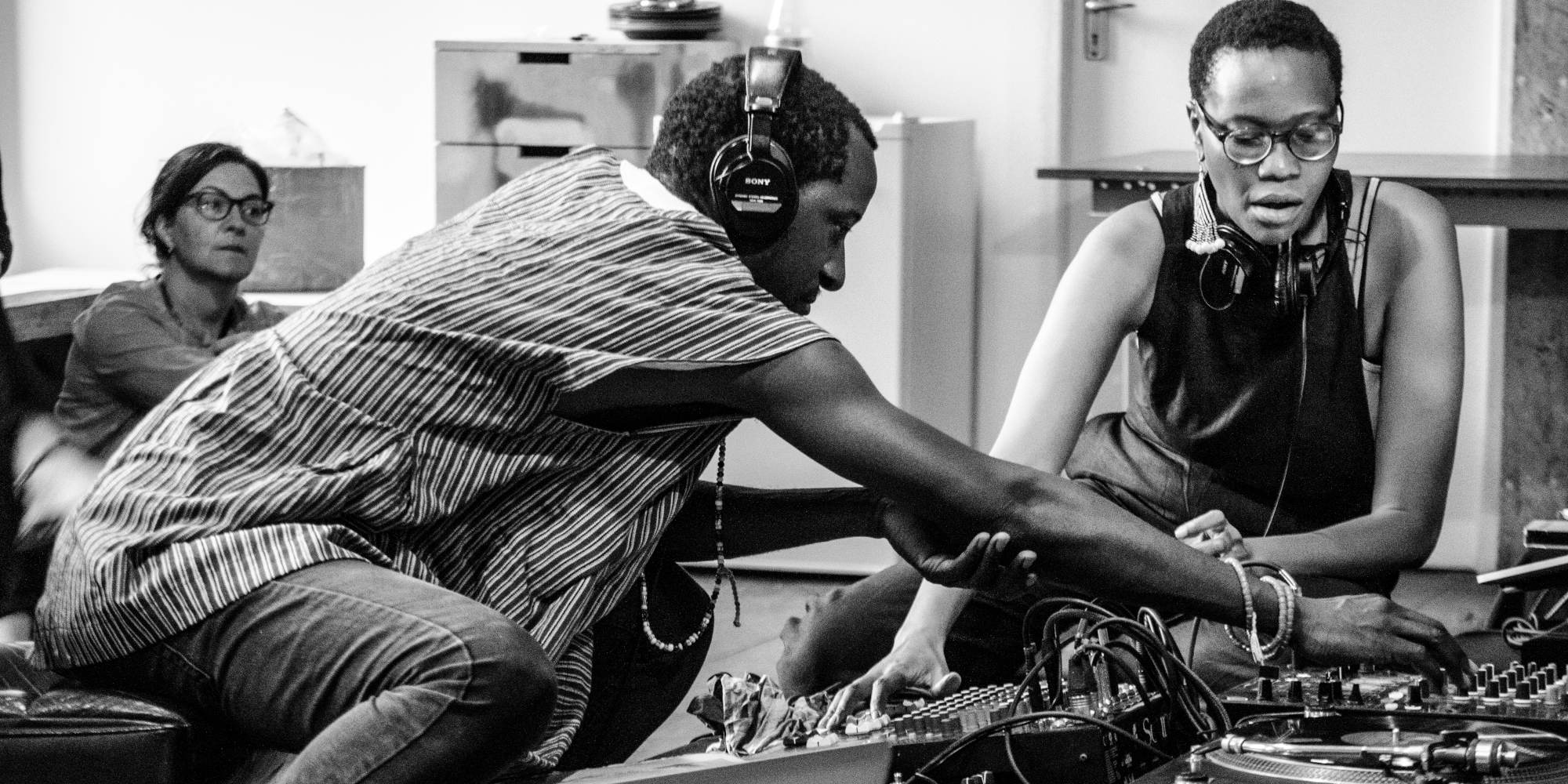
Project Credits / Acknowledgements
listeningatpungwe.wordpress.com
With support from Savvy Contemporary, Berlin, PASS at Chimurenga, Cape Town, ProHelvetia, Johannesburg, Deutschlandfunk Kultur, DAAD, Germany, Goethe Institute, Namibia
Honorary Mention
Participedia (INT)
Participedia.net was developed by a team of women who work at Emily Carr University of Art + Design in Vancouver, BC, Canada. It is a publicly accessible archive that serves as a trove of useful ideas for citizen activists, helping them to learn from the experiences of other activist groups. Whether the Women’s March on Washington or the citizens’ assemblies responding to Brexit – the multilingual open source online platform, which is itself participatory, brings together activists, NGOs, and academics so that they can pool all the knowledge on self-empowerment and self-governance gathered by local communities all around the world. More than anything, the archive offers a reliable data model enabling political scientists and data scientists to analyze this complex field.

Project Credits / Acknowledgements
participedia.net
Participedia is currently supported by the Social Sciences and Humanities Research Council of Canada (SSHRC) and international partner organizations.
Honorary Mention
PULANG PERGI (ID)
PULANG PERGI is an online platform for knowledge sharing amongst Indonesian migrant workers who are currently still abroad and those who have returned home, focusing on the variety of bottom-up economic reintegration possibilities. Only a small portion of returnees have successfully (economically) reintegrated in their respective regions. Their bottom-up knowledge and experiences are extremely valuable to other migrant workers who are still abroad. PULANG PERGI thus provides a platform where this previously un-codified knowledge can be articulated, accumulated, and distributed.

Project Credits / Acknowledgements
play.google.com/store/apps/details?id=com.pulang.pergi
With support from: Gwangju Biennial (2016), Goethe Institut East Asia and Southeast Asia (2018-2019)
Honorary Mention
School of Machines, Making & Make-Believe (DE)
Conceived as an alternative educational institution, the School of Machines, Making & Make-Believe in Berlin is designed specifically for women and other groups who are still underrepresented in the field of new technologies. The “school” not only seeks to arouse enthusiasm for these technologies but also to speculatively explore this unknown terrain in order to discover new ways of understanding the interaction between humans, machines, the environment, nature, and technology. The overall goal is self-empowerment and a creative artistic approach to the latest developments that should enable both expanded comprehension and fresh ways of intervening on several levels. The school regularly presents the results of its research in public exhibitions.
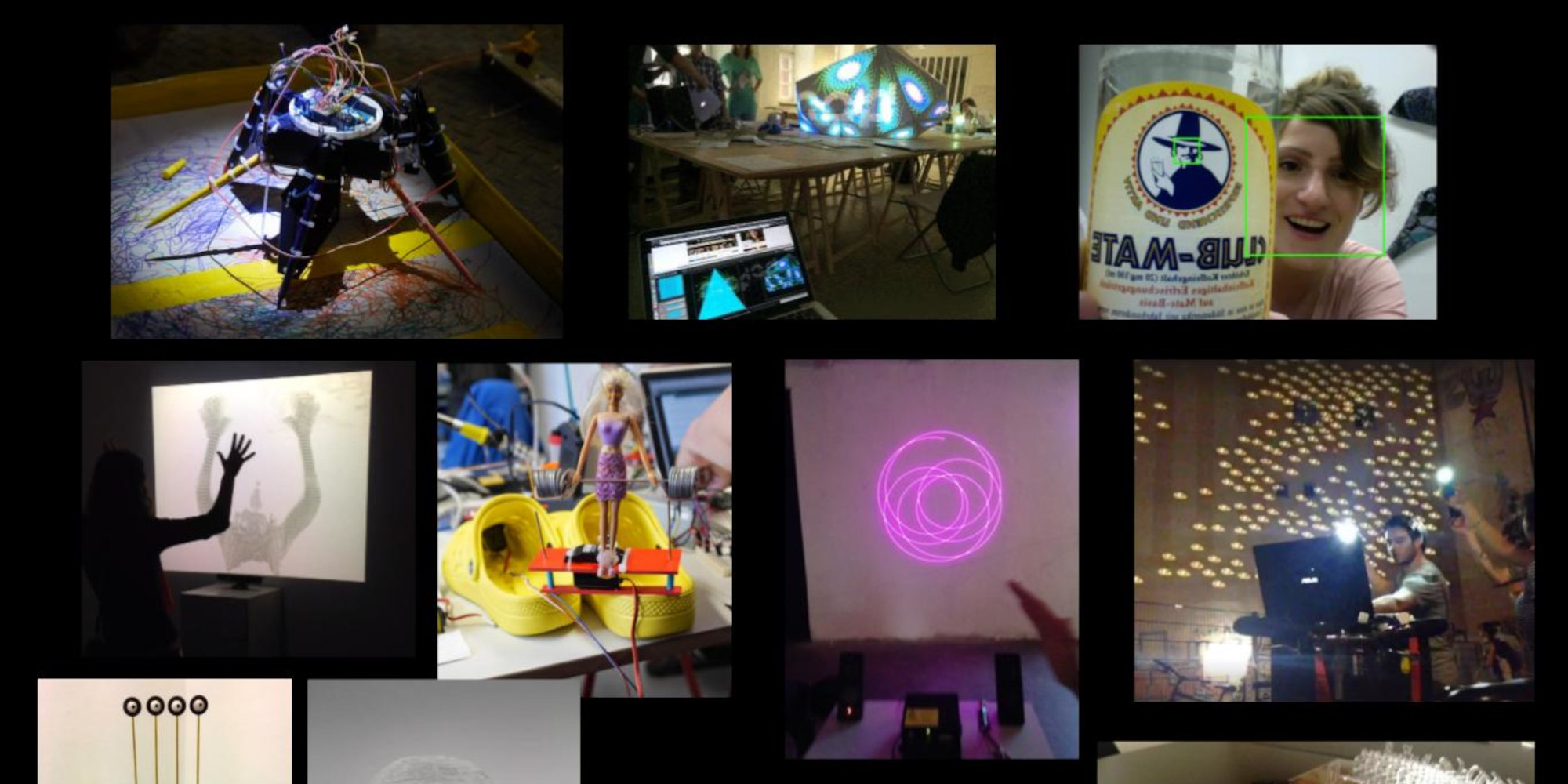
Project Credits / Acknowledgements
Honorary Mention
Smart Coop (EUR)
Freelancers are becoming the norm in today’s economy, and yet the institutional infrastructure, for example the social insurance system, is still tailored to “regular” employees and therefore discriminates against the self-employed. Smart Coop helps freelancers to maintain their freedom and autonomy while offering them protection within a collective. In addition, the network provides a wide range of services such as information, training, legal advice, a professional social network, and work spaces. Smart Coop was founded in Belgium back in 1998 and in the meantime has over 100,000 members in nine European countries.
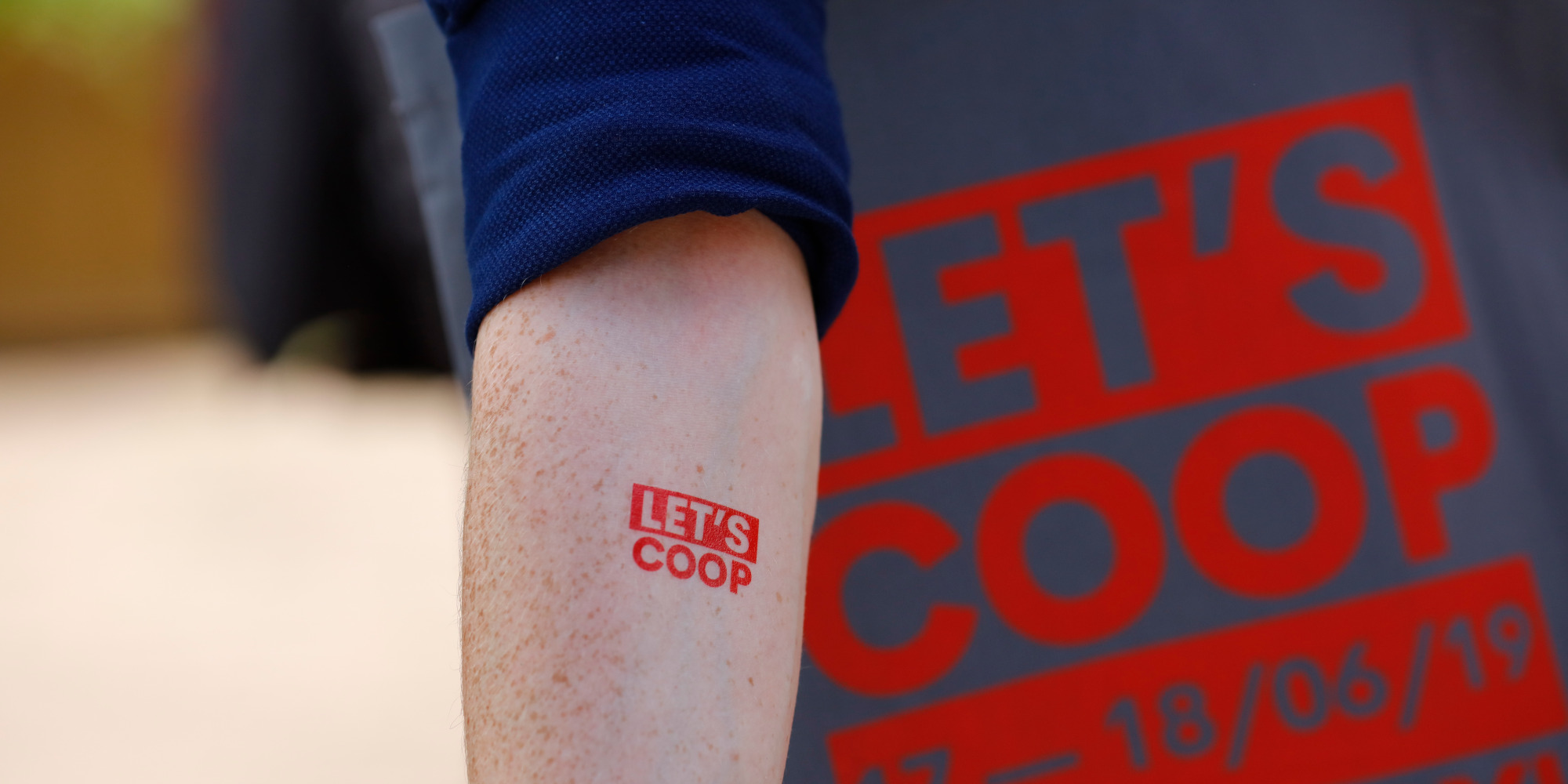
Project Credits / Acknowledgements
Honorary Mention
STEAM physical education program (JP)
STEAM creatively addresses the increasing use of digital devices and the associated problems, such as lack of exercise and communication, computer gaming addiction, and loneliness. The Frisbee serves here as a connecting element and communication tool between children and the analogue and digital worlds. Schoolchildren design their own Frisbee models, which they then produce using 3D printing. The process culminates in the immediate sensory experience of joint play. Initially conceived as a temporary project, the workshops have since been incorporated into the Japanese primary school curriculum thanks to their promotion of playful learning and the great enthusiasm on the part of the pupils.
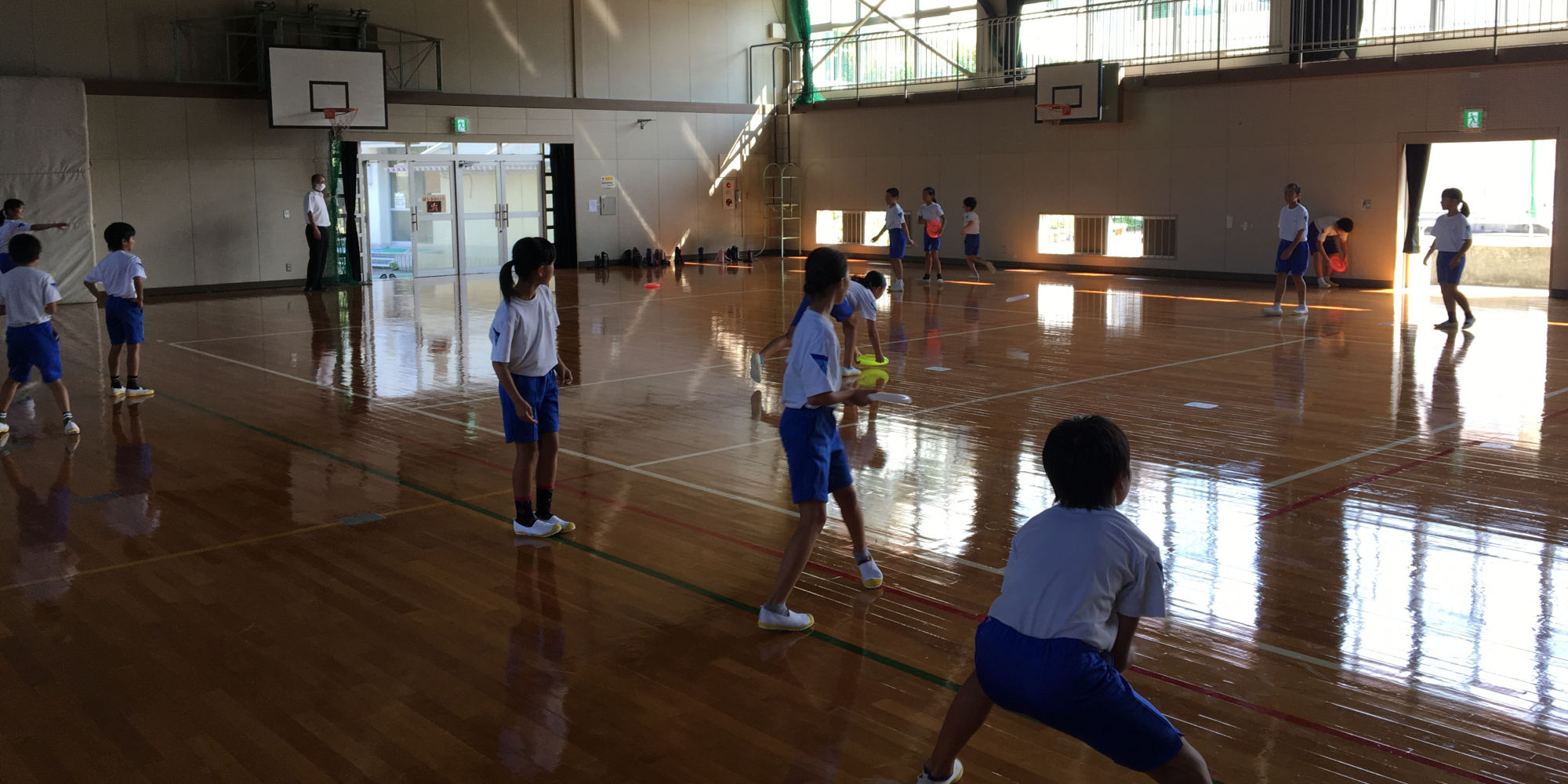
Project Credits / Acknowledgements
youtu.be/6tI8sX-lIsU
With support from: Takashi Terada (Terada 3D Works), Jinryou Elementary School, Kamiyama-cho (The town of Kamiyama), NPO Green Valley Inc., KAWAGUCHI FILM OFFICE.
Honorary Mention
Syrian Archive (INT)
The Syrian Archive sets out to visually document the human rights violations that have been perpetrated in the course of the Syrian conflict. Evidence is gathered in order to amass a reliable source of information in the hope of attaining some form of justice. The project was launched in 2014 by Hadi Al Khatib, who enlisted the help of a team of volunteers to begin rapidly and methodically archiving content from the web before it could be removed from the online platforms where it had been posted. Their work is a race against time, but it plays a central role for Syria’s future – paving the way for justice and accountability while educating future generations about what has really been happening in Syria since people took to the streets in 2011.

Project Credits / Acknowledgements
Honorary Mention
Vis. [un]necessary force_3 (MX)
In 2019 alone, more than 60,000 people disappeared in Mexico under violent circumstances – often with the complicity of the police or military. The relatives who remain behind have not been able to attain any help in their search or support with their grief. María Sánchez set out to draw public attention to their plight with her creative research project Vis. [un]necessary force_3, initially by installing portrait sculptures at the sites where people had vanished. It soon became clear, however, that this form of public display would put the bereaved families in dire danger. The project was therefore shifted onto a website and app that Sánchez and her team use to help citizens organize and to encourage them to document, expose, and share with the world human rights violations and abuses of power, including through participatory audiovisual mapping.
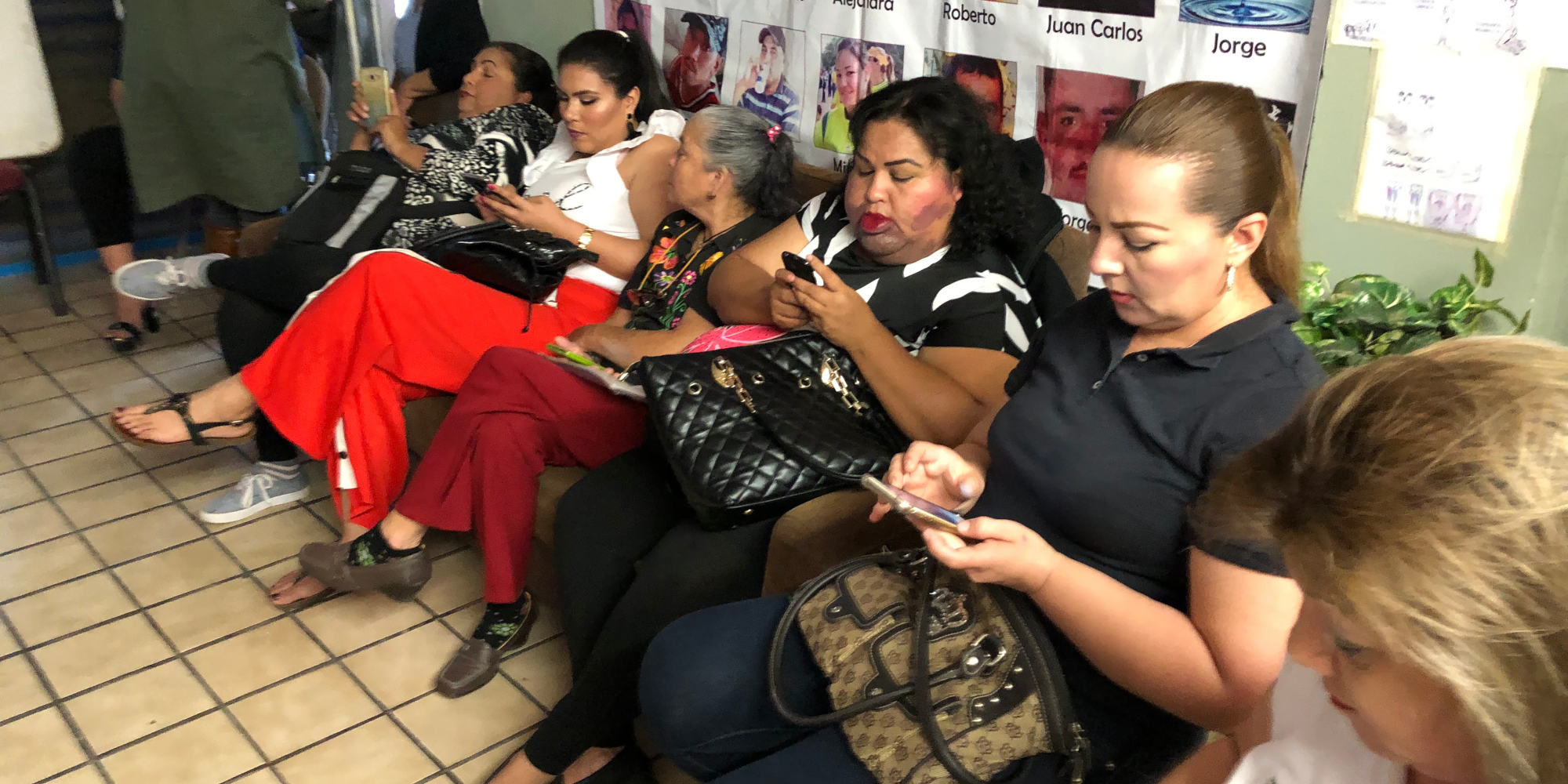
Project Credits / Acknowledgements
vis-unnecessaryforce.org
With support from: Sistema Nacional de Creadores de Arte (SNCA) / Secretaría de Cultura del Gobierno de México, Universidad Autónoma Metropolitana, Romain Re molosc.com. Luz María Sánchez luzmariasanchez.com.
Honorary Mention
#WirVsVirus Hackathon (DE)
In the midst of the coronavirus pandemic, the world’s biggest-ever online hackathon (a portmanteau made up of “hacking” and “marathon”) took place with 26,581 participants. In the space of just four days, seven non-profit organizations had joined forces to launch #WirVsVirus. The aim of the developers’ conference was to create a common digital space for all those who had started work on innovative solutions to the problems caused by the coronavirus or who wanted to help cope with the crisis.
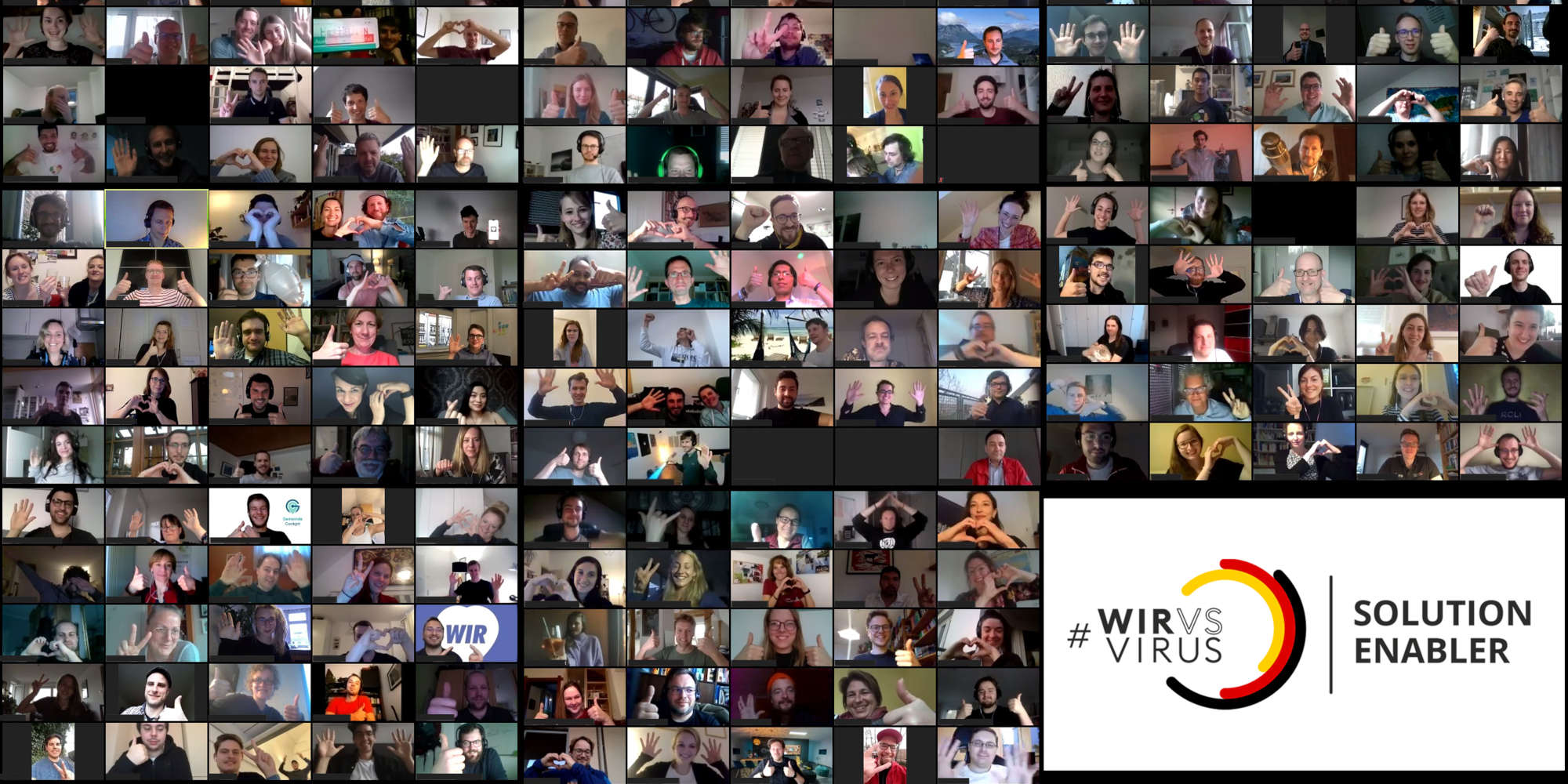
Project Credits / Acknowledgements
wirvsvirus.org
With support from the German government which functioned as co-initiators and patrons of the Hackathon (no financial involvement).
